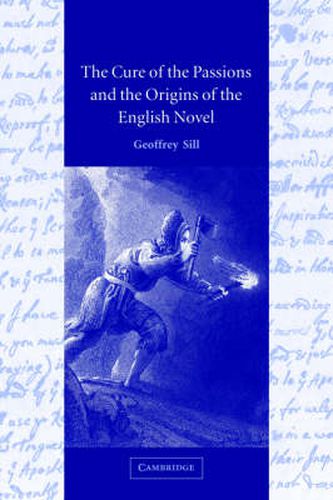Readings Newsletter
Become a Readings Member to make your shopping experience even easier.
Sign in or sign up for free!
You’re not far away from qualifying for FREE standard shipping within Australia
You’ve qualified for FREE standard shipping within Australia
The cart is loading…






This 2001 study examines the role of the passions in the rise of the English novel. Geoffrey Sill locates the origins of the novel in the breakdown of medical and religious dogmas prior to the eighteenth century, leading to a crisis in the regulation of the passions which the novel helped to address. He examines medical, religious and literary efforts to anatomize the passions, paying particular attention to the works of Dr Alexander Monro of Edinburgh, Reverend John Lewis of Margate and Daniel Defoe, novelist and natural historian of the passions. He shows that the figure of the ‘physician of the mind’ features prominently not only in Defoe’s novels, but also in those of Fielding, Richardson, Smollett, Burney and Edgeworth. The ‘rise’ of the novel comes to an end when the passions give way at the end of the century to the more modern concept of the emotions.
$9.00 standard shipping within Australia
FREE standard shipping within Australia for orders over $100.00
Express & International shipping calculated at checkout
This 2001 study examines the role of the passions in the rise of the English novel. Geoffrey Sill locates the origins of the novel in the breakdown of medical and religious dogmas prior to the eighteenth century, leading to a crisis in the regulation of the passions which the novel helped to address. He examines medical, religious and literary efforts to anatomize the passions, paying particular attention to the works of Dr Alexander Monro of Edinburgh, Reverend John Lewis of Margate and Daniel Defoe, novelist and natural historian of the passions. He shows that the figure of the ‘physician of the mind’ features prominently not only in Defoe’s novels, but also in those of Fielding, Richardson, Smollett, Burney and Edgeworth. The ‘rise’ of the novel comes to an end when the passions give way at the end of the century to the more modern concept of the emotions.